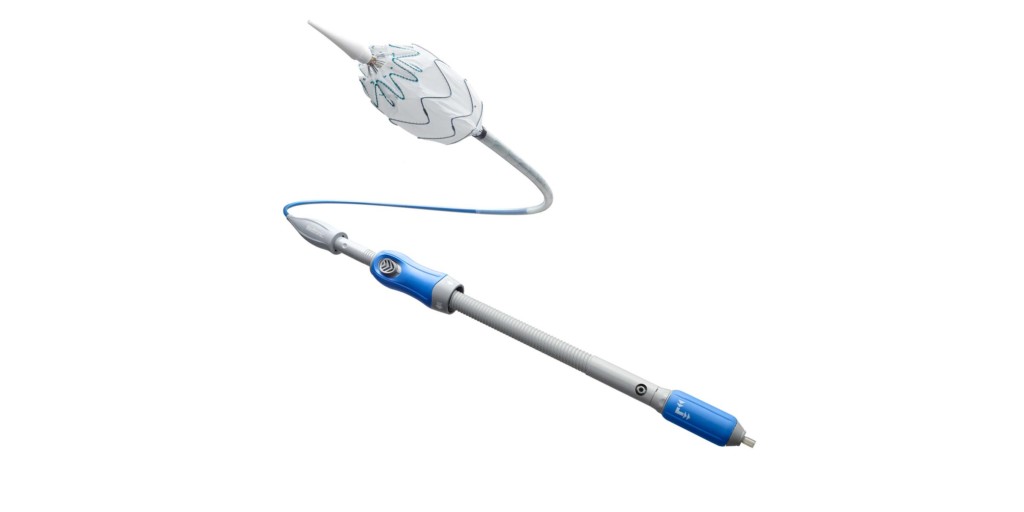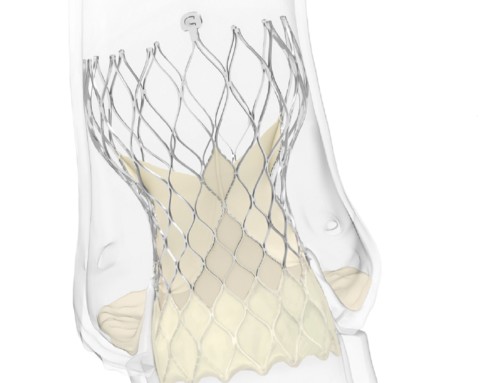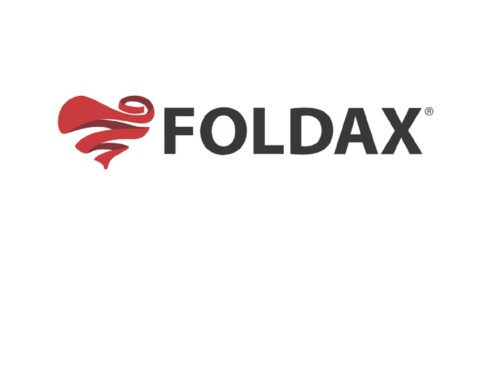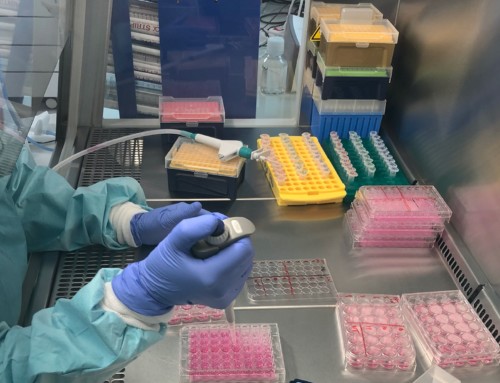
Valiant Navion
Medtronic has received Shonin approval from the Japanese Ministry of Health, Labour and Welfare (MHLW) for its Valiant Navion thoracic endovascular aortic repair (TEVAR) system. Consequently, the company has launched the system in Japan for minimally invasive repair of thoracic descending aortic aneurysms and complicated type B aortic dissections. According to a press release, the approval marks the third major geographical launch of the Valiant Navion following FDA and CE mark approvals of the system in late 2018.
The press release reports that the low-profile Valiant Navion system is built to further improve upon the performance of the Valiant Captivia TEVAR system, which has been used to treat more than 100,000 patients globally. With the Valiant Navion system, the press release reports, physicians now have two graft options for the management of challenging thoracic aorta pathologies—including fragile aortas. The system features the CoveredSeal (proximal covered) and FreeFlo (proximal bare metal) stent configurations, both with tip capture accuracy.
Hideyuki Shimizu (Keio University of Medicine, Tokyo, Japan), who was on the team of physicians who treated the first patients in Japan to undergo a procedure with the Valiant Navion system, says: “In Japan, patients experience greater aortic fragility in acute dissection compared to North America and Europe. In my experience, Valiant Navion’s 18F profile allows physicians to treat smaller and more torturous anatomy while managing patient populations with increased inflammatory states, risks of hypertension, and aortic wall stress—all attributes and conditions that are particularly relevant to the Japanese patient population. This device allows Japanese physicians to more precisely treat a variety of patient anatomies and pathologies with narrow vessel access.”
John Farquhar, vice president and general manager of the Aortic business, which is part of the Cardiac and Vascular Group at Medtronic, states: “In just one year, the Valiant Navion system has achieved significant impact in expanding minimally invasive treatment options to patients globally. TEVAR is not one size fits all. By designing a device with a global patient population in mind, we have ultimately broadened patient applicability and allowed for more patients to receive endovascular repair. The success of Valiant Navion is indicative of our drive and commitment to go further, together and deliver the best outcomes to the most patients.”





